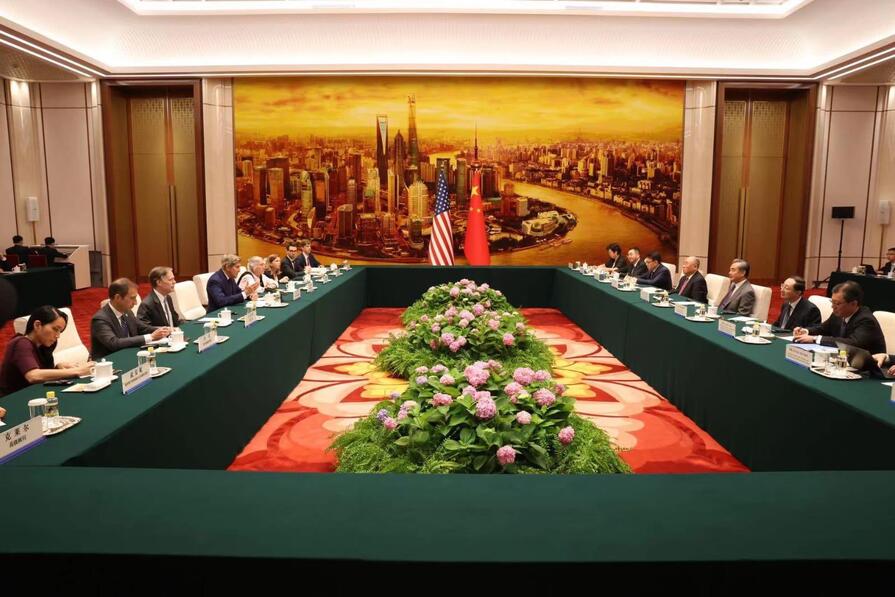We all know that the U.S. imports over $400 billion dollars of clothing, toys, computers and other manufactured goods from China every year. Less well known is that the U.S.'s biggest export to China is our trash and scrap. Though the distance between your household recycling bin and the Chinese countryside might seem vast, you would be surprised at how quickly your empty yogurt container made that trip last year. This will be an informal, picture guided tour of the Chinese scrap economy, aka a peak at globalization's backside.
California's no. 2 export to China in 2012 was "waste & scrap." It was New York and Florida's top export to China.

Joshua Goldstein teaches history at the University of Southern California. Among the courses he teaches is the popular general education course "China and the World." Goldstein is the author of Drama Kings: Players and Publics in the Recreation of Peking Opera (2007) and many articles on Beijing Opera as a modern construction. He is also the co-editor (with Madeline Yue Dong) of Everyday Modernity in China (2006). He is currently at work on a study of the history of recycling in China.
This video is also available on the USCI YouTube Channel.



